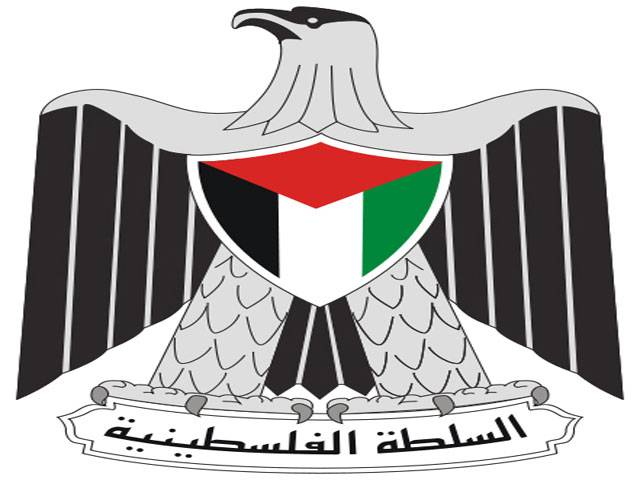JERUSALEM - The Palestinian Authority and Israel agreed on a revamp of revenue collection that may help relieve the Palestinian government’s deepening debt crisis, officials said on Tuesday. The aid-dependent Palestinian economy in the occupied West Bank is facing a deepening financial crisis due to a drop in aid from Western backers and wealthy Gulf states as well as Israeli restrictions on trade. An Israeli Finance Ministry statement said the sides agreed on steps that would better facilitate the movement of goods between Israel and the Palestinian Authority and reduce illegal trade and tax evasion, measures that could increase revenue.
Palestinian Prime Minister Salam Fayyad and Israeli Finance Minister Yuval Steinitz signed off on the arrangements that will begin to be implemented on January 2013.
“I am certain that the arrangements concluded will help strengthen the economic base of the Palestinian Authority, through bolstering our tax system and increasing revenue from the proper collection of taxes,” the statement quoted Fayyad as saying.
The new measures include the use of advanced technologies that will improve both sides’ monitoring flow of goods as well as the construction of pipelines that will transfer petroleum products from Israel to the Palestinian Authority.
Israel has occupied the West Bank since 1967 and interim peace deals have tasked it with levying taxes and customs duties on the Palestinian Authority’s behalf, amounting to around $100 million a month, on goods imported into the territories.
Peace talks between Israel and the Palestinians broke down in 2010 in a dispute over Israeli settlement building in the West Bank. Under interim peace agreements the Palestinian Authority exercises limited self-rule in the West Bank.
A brief report by the International Monetary Fund on the economic situation in May described the Palestinian Authority’s fiscal crisis as “very challenging” and said foreign aid was “far less than needed to finance the deficit” of around $1.3 billion in 2012.
Friday, April 19, 2024
PA, Israel agree on revenue revamp

9:58 PM | April 18, 2024
King Charles's cancer ‘eating him alive,' monarch unable to perform duties: Insider
1:02 AM | April 19, 2024
Mehwish Hayat says she would like to work with Aamir Khan
9:59 PM | April 18, 2024
What caused record-breaking rainfall in UAE?
9:58 PM | April 18, 2024
Donald Trump discusses Ukraine, Middle East, NATO with Polish President Duda
9:57 PM | April 18, 2024
'That'll be awesome,' Rohit Sharma on idea of Pakistan vs India Test series
9:17 PM | April 18, 2024
Hepatitis Challenge
April 18, 2024
IMF Predictions
April 18, 2024
Wheat War
April 18, 2024
Rail Revival
April 17, 2024
Addressing Climate Change
April 17, 2024
Justice denied
April 18, 2024
AI dilemmas unveiled
April 18, 2024
Tax tangle
April 18, 2024
Workforce inequality
April 17, 2024
New partnerships
April 17, 2024
ePaper - Nawaiwaqt
Advertisement
Nawaiwaqt Group | Copyright © 2024





